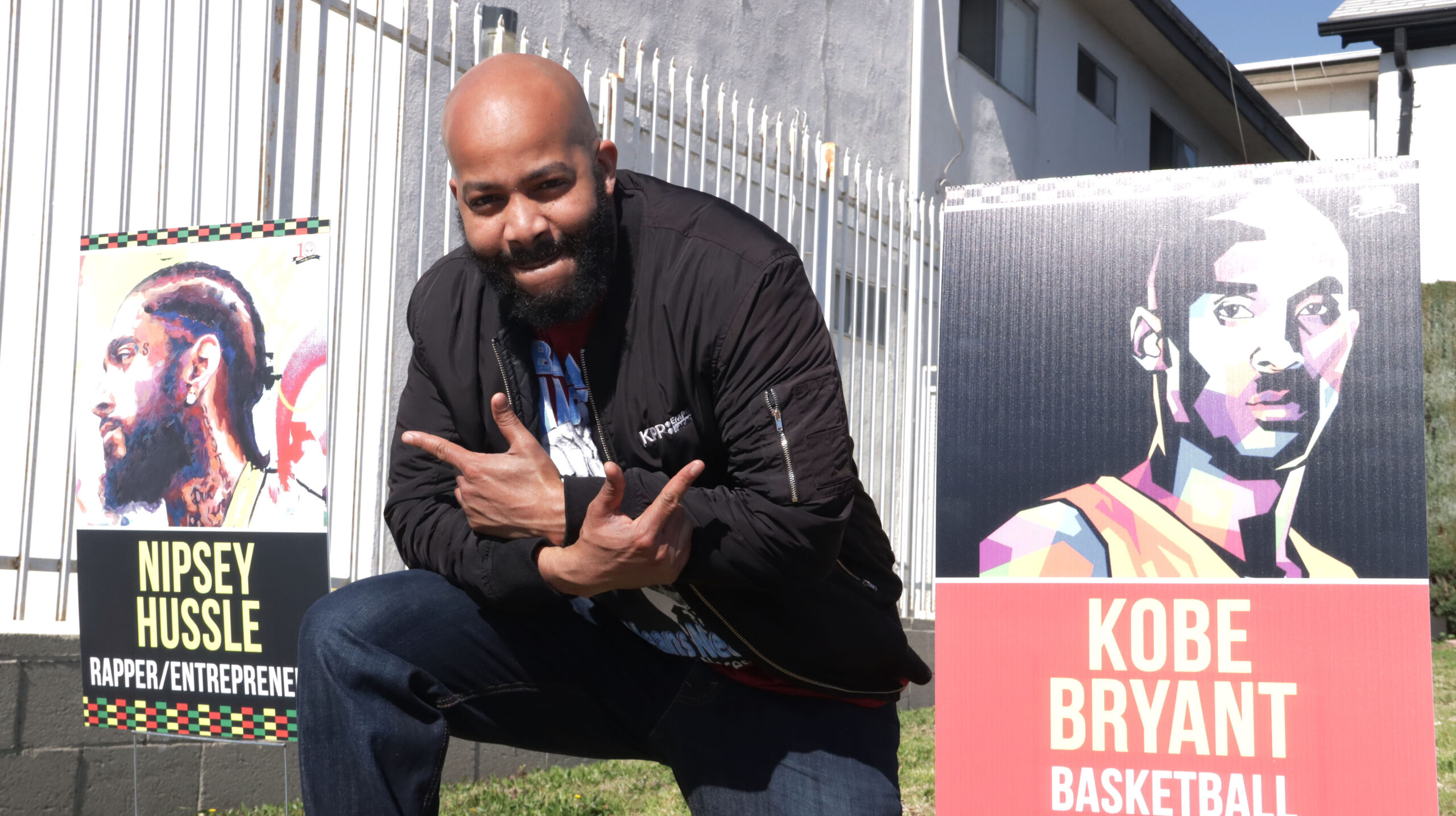
At its core, our work with young people is about advancing systemic change by addressing the barriers that prevent their full participation in society. While the majority of the young people we serve are people of color—especially Black and Latinx youth—our approach is not based solely on demographics. We recognize that every young person has inherent strengths, talents, and aspirations. They are not “troubled” or “broken,” but rather, they face systemic obstacles that limit their ability to achieve self-sufficiency and self-actualization.
The disparities they experience are not due to individual deficits but are rooted in structural barriers and implicit bias embedded in policies and institutions that claim to serve them, yet often fail to create pathways to success. To achieve equitable outcomes, we must remove these systemic barriers while simultaneously providing the necessary resources and opportunities for young people to thrive.
To drive meaningful systemic change, Sanctuary of Hope (SOH) commits to equipping young people with the skills and resources they need to navigate institutional barriers while also transforming systems through leadership development and advocacy. Our vision is a society in which all young people, regardless of background, have access to opportunities and respect that enable them to realize their full potential.
Our Commitment to Systemic Change:
Young people will experience belonging and safety at SOH.
SOH fosters an inclusive and affirming environment where young people feel seen, valued, and empowered. We intentionally create spaces that counter the exclusion and rejection they may have encountered in public institutions, other agencies, and even their own families. This includes hiring staff from the communities we serve—individuals who share lived experiences with our young people and can model resilience and vulnerability. Additionally, we commit to cultural humility, ensuring that staff remain open to learning from young people’s perspectives and lived realities.

Young people will access healing-centered support to address trauma.
Achieving systemic change requires addressing the trauma young people experience due to institutional barriers and social exclusion. SOH integrates mental wellness services—including individual counseling, art therapy, and community-based healing spaces—to support their emotional well-being. We also recognize that healing includes cultural affirmation, reinforcing the strengths found in their identities, traditions, and lived experiences. By embracing their cultural identities as sources of resilience, young people develop a strong sense of self-worth and empowerment.
Young people will cultivate leadership and collective power to drive systemic change.
SOH provides direct services in housing, education, and mental health to stabilize young people’s lives, but stability alone is not enough. Equitable outcomes require addressing the policies and practices that continue to disadvantage them. We invest in their leadership development by ensuring they have multiple avenues to exercise their voice—whether through advocacy, community organizing, or other platforms aligned with their strengths and interests. We see young people as architects of change and future community leaders, equipping them with the tools and opportunities to influence systems that shape their lives.
Finally, SOH acknowledges that achieving systemic change is an ongoing journey. We commit to a culture of continuous learning, embracing humility, openness, and reflection in our pursuit of a society that provides all young people with the opportunity to thrive.
